The death toll from last month’s devastating earthquake in Myanmar has risen above 3,500, as the chance of finding survivors grows ever more remote.
Rescue crews from India, Malaysia and Singapore have returned to their countries after finishing their work, Myanmar's fire services department said on Monday.
It added that 10 bodies were recently recovered from the rubble of a collapsed building in Mandalay, Myanmar's second largest city, which is located close to the epicentre of the 7.7-magnitude earthquake that struck the country on 28 March.
State media reported on Monday that at least 3,564 people were killed in the disaster, with more than 5,000 others injured and more than 200 people still missing.
Heavy rains and winds hampered rescue and relief operations over the weekend, while adding to the difficulties of those whose homes have been destroyed.
Further thunderstorms are possible in parts of the country this week, forecasters say.
The recent wet weather has led to the increased risk of waterborne diseases such as diarrhoea and cholera spreading, the NGO Save the Children warned on Monday.
Jeremy Stoner, the charity's interim Asia regional director, said: "The situation right now is desperate for children and their families. After being forced to flee from their ruined homes, they are now facing unseasonably early rains on top of the brutal heat."
“With clean water in short supply, it's difficult for people to maintain proper hygiene – and that can lead to disease outbreaks. We're concerned that we could start seeing a growing number of children getting sick with illnesses like diarrhoea, as is often the case in the aftermath of crises like this where the scale of damage is so high."
The earthquake has deepened the problems already facing Myanmar since a civil war broke out after the military seized power from the democratically elected government in 2021.
Although the junta and its opponents have announced ceasefires to allow aid to be delivered to communities affected by the earthquake, both sides have accused the other of breaking the temporary truces.
Speaking on Friday, the UN High Commissioner for Human Rights Volker Türk said: "I urge a halt to all military operations, and for the focus to be on assisting those impacted by the quake, as well as ensuring unhindered access to humanitarian organisations that are ready to support."

 18 hours ago
2
18 hours ago
2
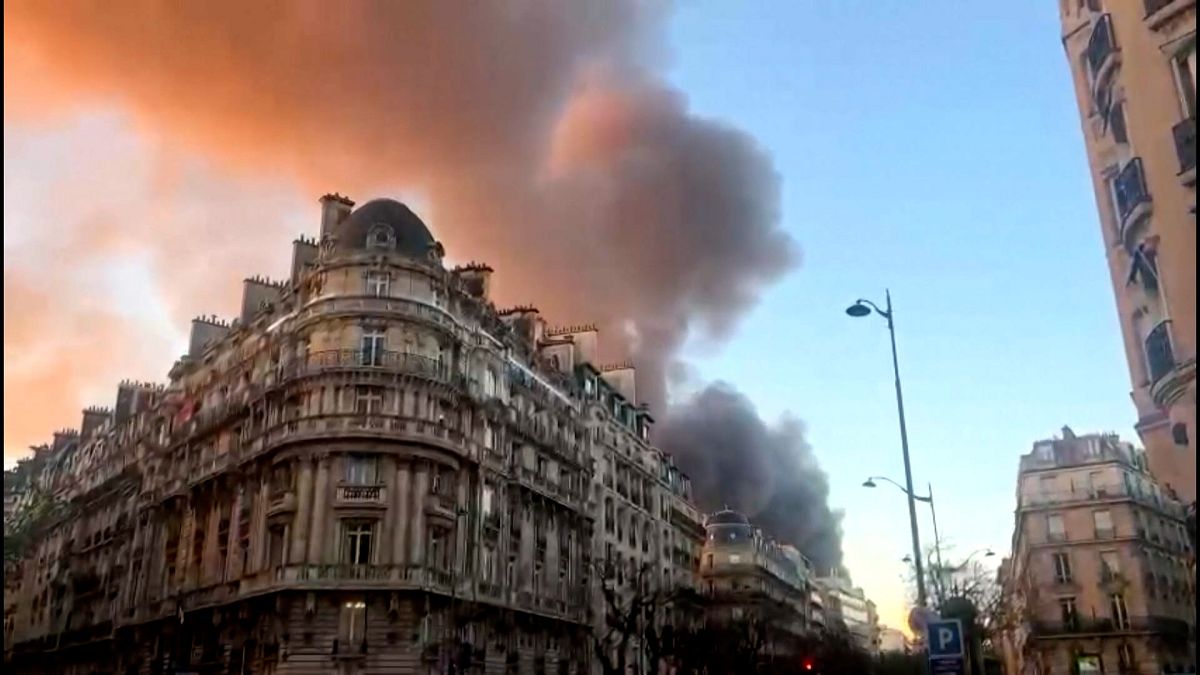
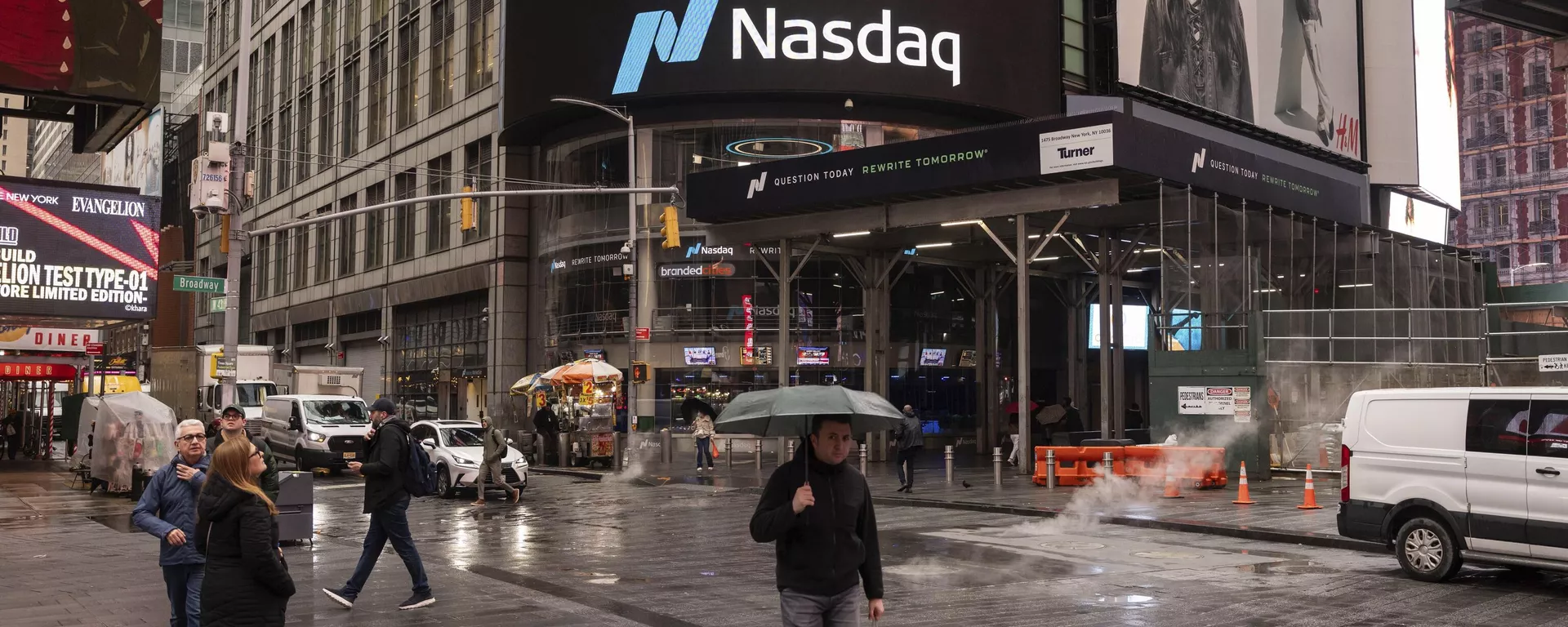
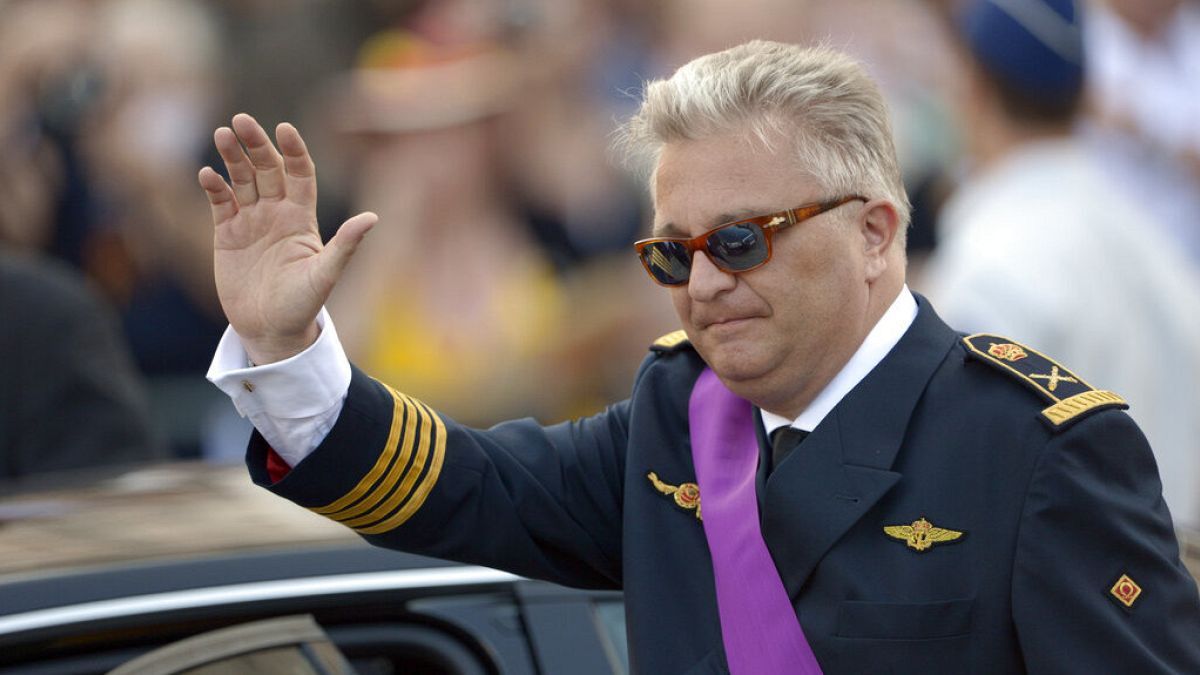
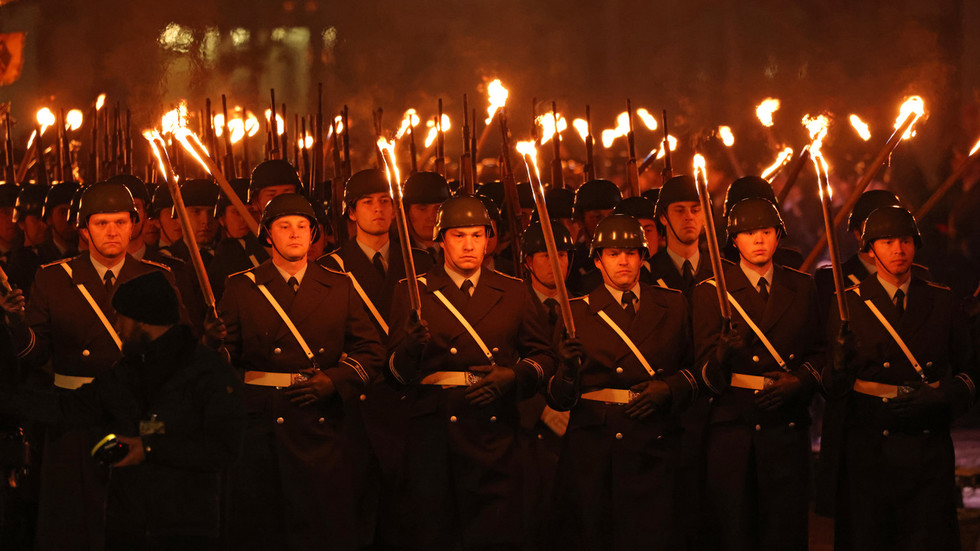
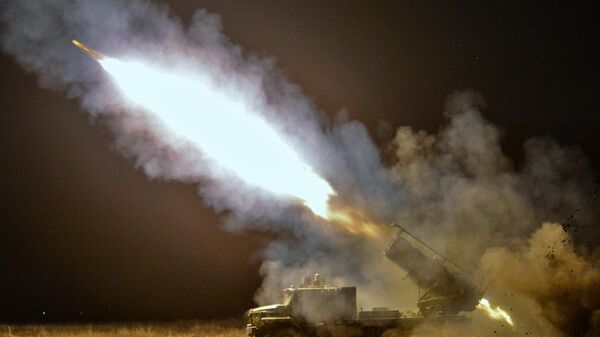
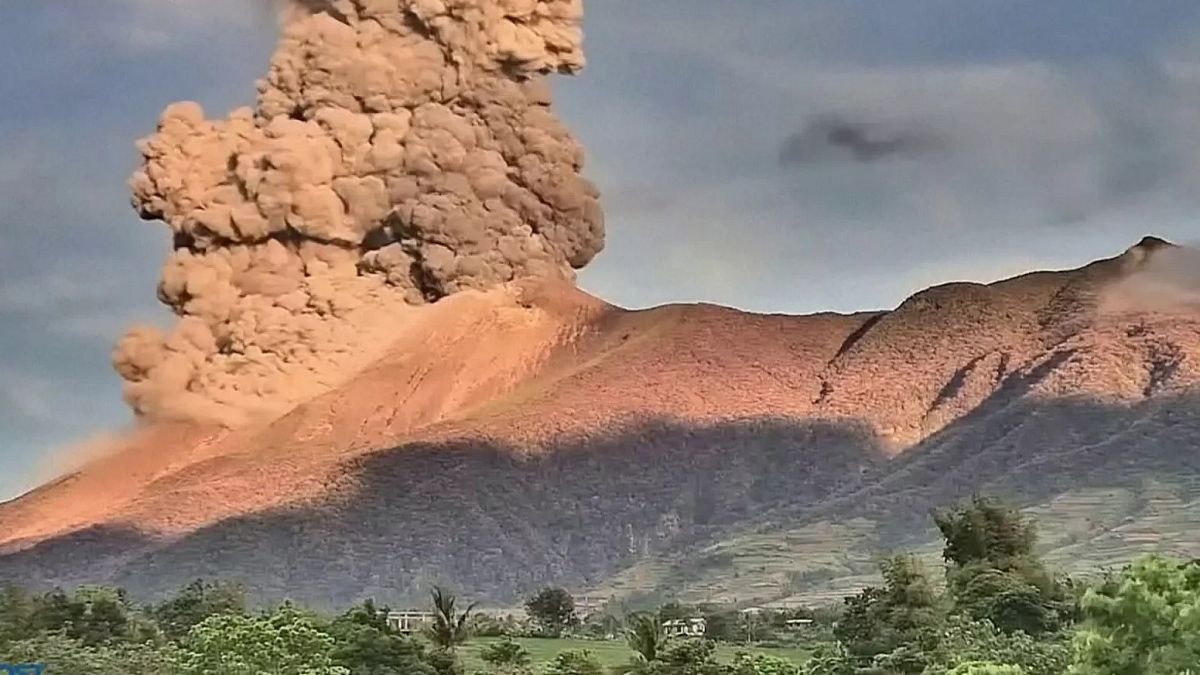
 We deliver critical software at unparalleled value and speed to help your business thrive
We deliver critical software at unparalleled value and speed to help your business thrive






 English (US) ·
English (US) ·